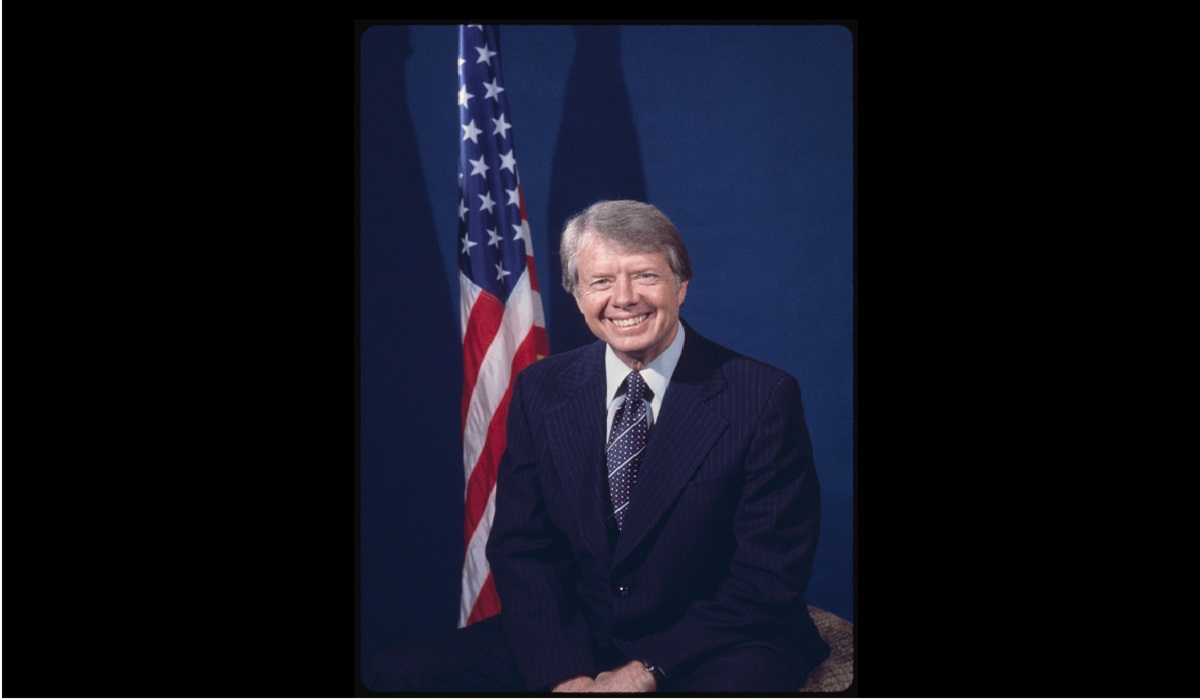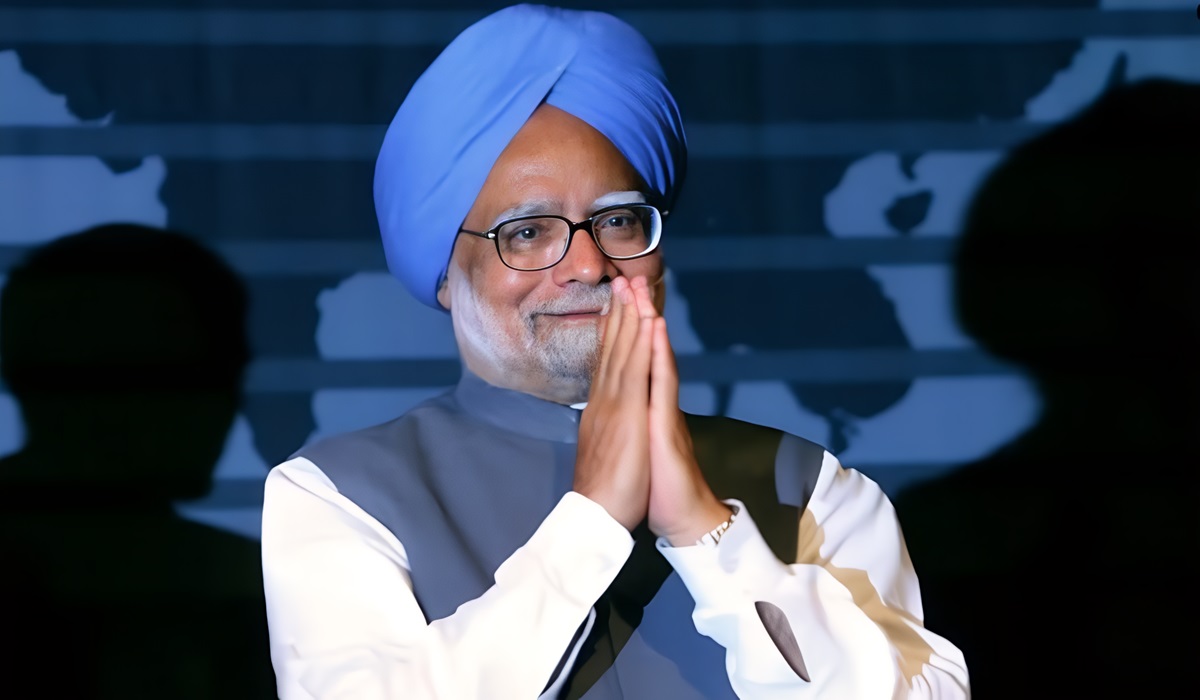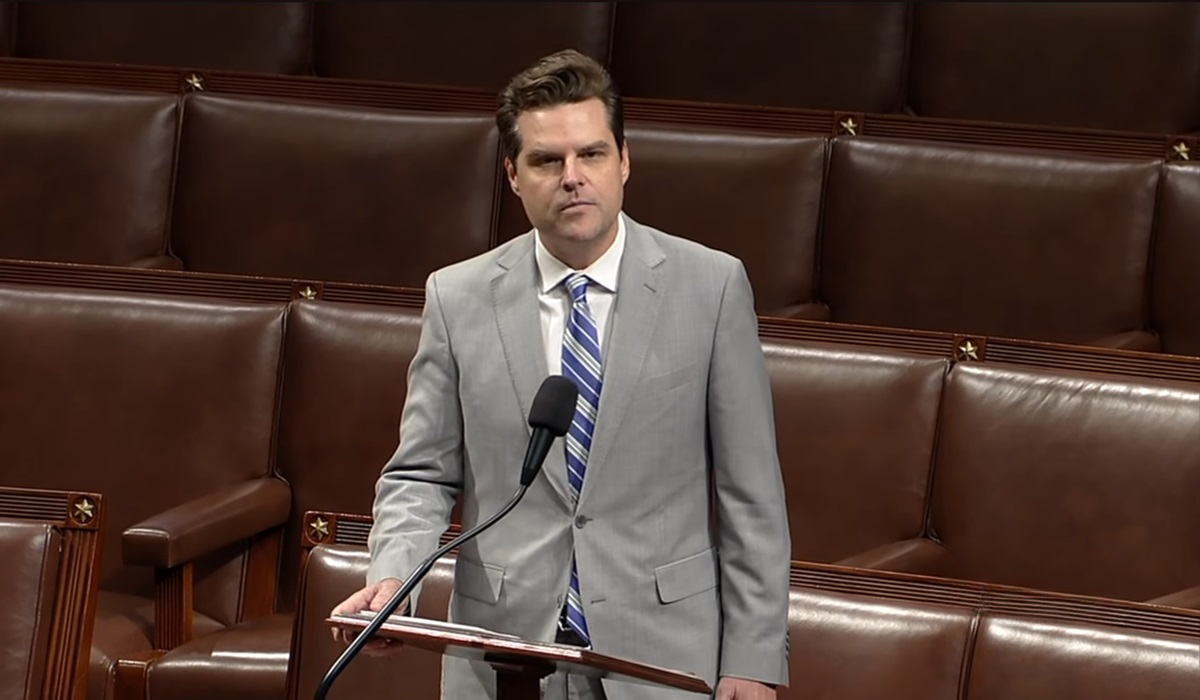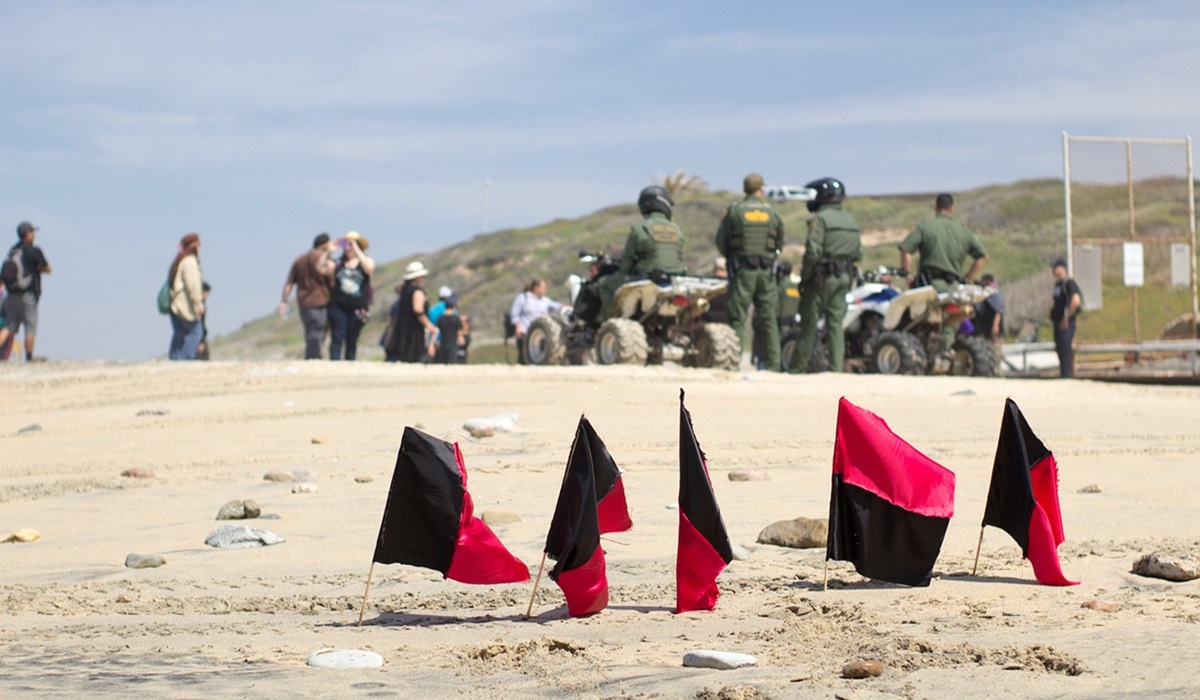West Africa’s Resources at Risk: French Military Escalates Tensions To Destablize Region
- TDS News
- Breaking News
- September 13, 2024
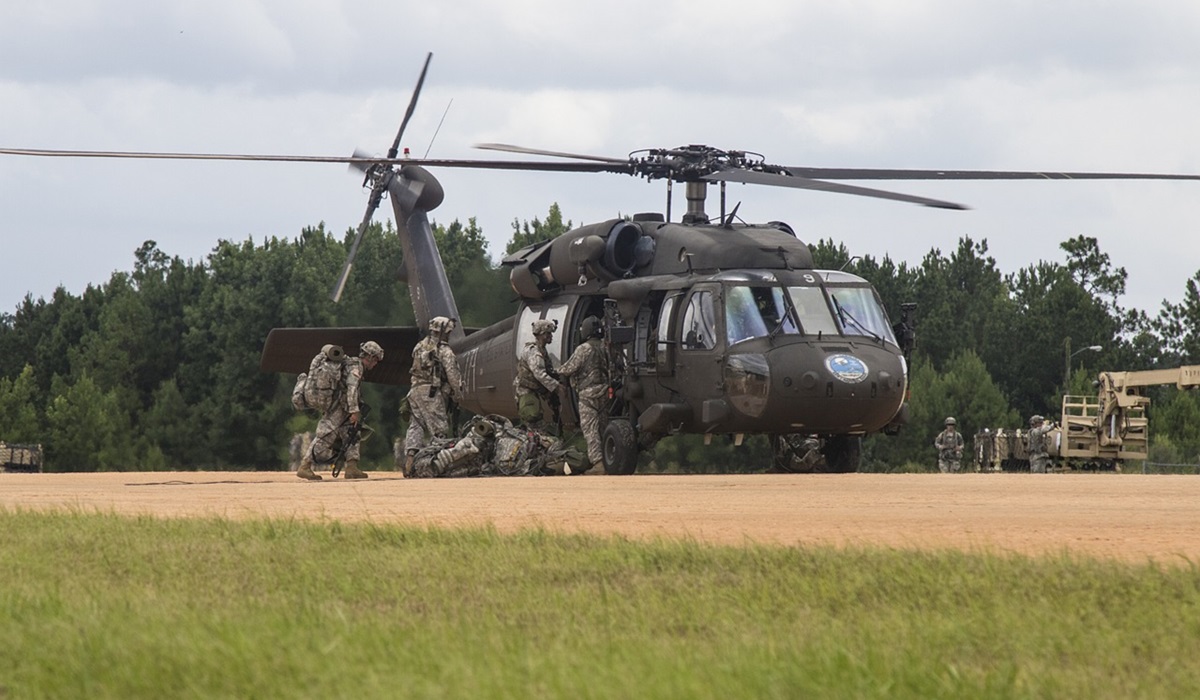
Image Credit, Military_Material
France’s recent deployment of military warships, troops, and vehicles to the Ivory Coast and the Gulf of Guinea, at the alleged request of the Ivorian government, has raised widespread concern across Africa. Official explanations appear to be little more than a smokescreen, especially in light of Burkina Faso’s President Ibrahim Traoré accusing the Frence Government forces of attempting to overthrow his administration. These accusations, far from being dismissed as mere rumors, stem from a leader claiming to have evidence of foreign involvement in destabilizing his government. Given the region’s history, such claims feel more like an extension of an ongoing pattern of neo-colonial interference.
For decades, France powers have maintained significant influence in several West African nations, exploiting resources and exerting control over domestic politics. The recent expulsion of the French government from Burkina Faso reflects a seismic shift. Their loss of access to these nations’ natural wealth is a severe blow to strategic interests in the region. In the past, Burkina Faso’s resources were readily siphoned under administrations viewed as complicit with foreign governments, enriching external entities while impoverishing the local population. However, leaders like Traoré prioritize protecting their country’s wealth and ensuring its benefits stay within African borders.
The real issue lies in the refusal to accept the reality of changing dynamics. Losing access to resources in places like Burkina Faso is not something easily tolerated by Macron’s Admistration, which seem unwilling to respect the sovereignty of these nations. Instead of acknowledging the shift, military deployments suggest a determination to maintain influence at any cost. With countries like Mali and Niger distancing themselves from outside intervention, the timing of this maneuver suggests a thinly veiled attempt to hold onto geopolitical control. Despite claims of security concerns, it’s hard to ignore the broader implications of further destabilizing West Africa, particularly with regard to Burkina Faso.
Why the Ivory Coast has chosen to align itself so closely with France raises its own questions. African nations have long struggled with the legacies of colonialism, which continue to shape political and economic realities. The exploitation that occurred during colonization not only stripped these countries of wealth but left them vulnerable to ongoing political and social challenges. It is troubling to witness military resources being directed toward a region that has clearly expressed a desire to govern itself free from foreign interference.
This latest deployment under the banner of partnership and protection provokes serious concerns for the region’s future. The loss of influence in Burkina Faso has led to fears that foreign governments may now seek to interfere in the affairs of neighboring countries, further igniting conflict. Such actions indicate an unwillingness to let go of past dominance, despite the clear messages from nations like Burkina Faso and Mali that their futures lie outside the influence of external powers.
It is deeply unfortunate that, even today, African nations are still treated as pawns in global geopolitical maneuvers. The rise of leaders like Ibrahim Traoré represents a shift toward true sovereignty, free from the influence of outside interests. However, attempts to cling to old colonial relationships suggest a refusal to let go of past power dynamics. The hope is that West African leaders will continue to stand firm, and that those seeking to maintain influence will understand their role on the continent is no longer relevant. African nations must be free to determine their own futures without interference.

